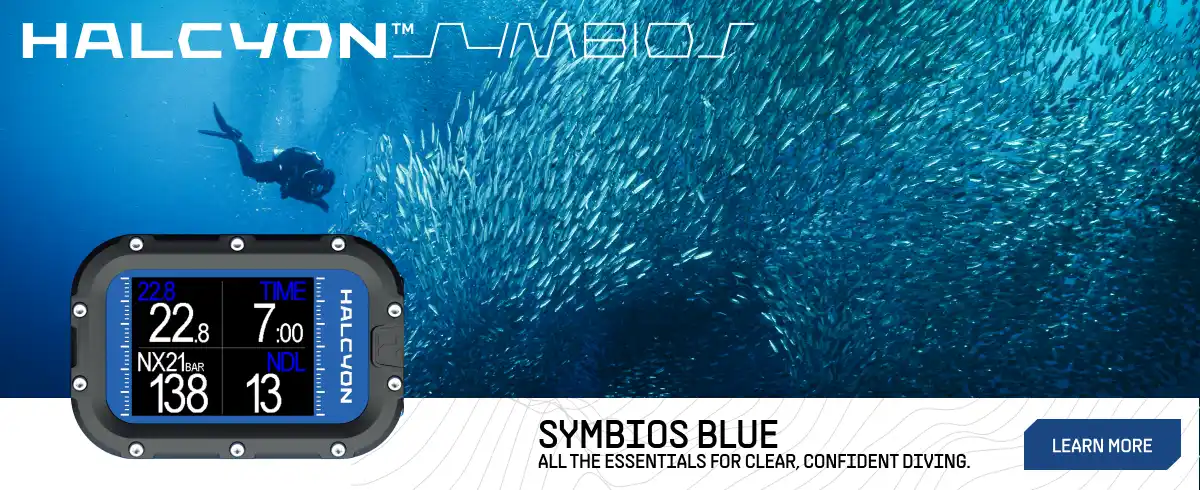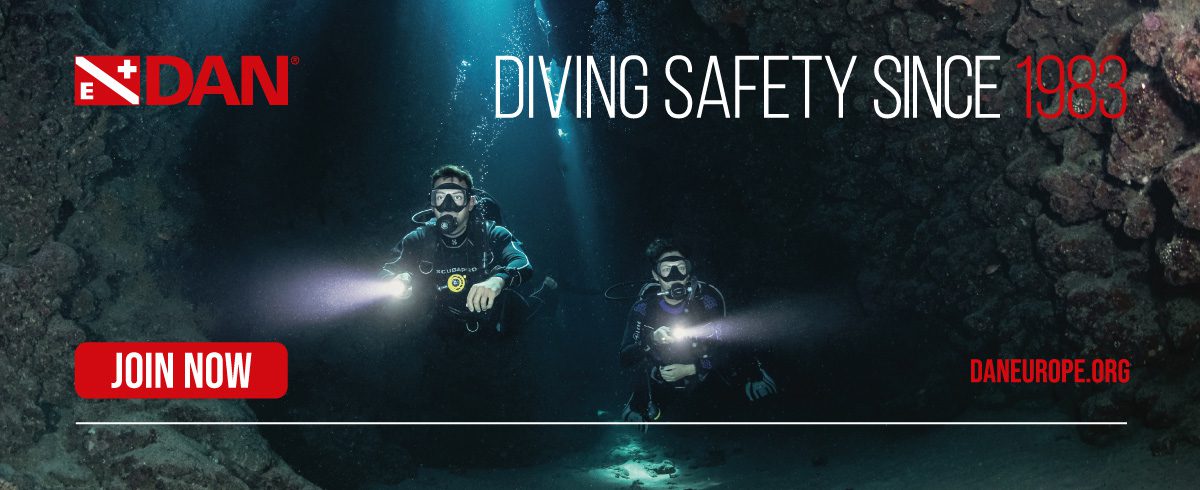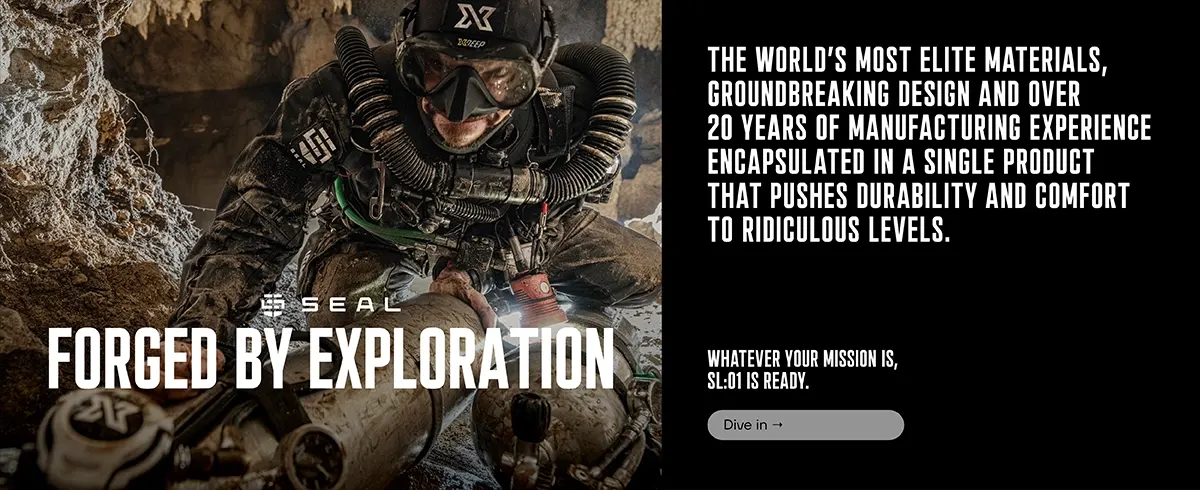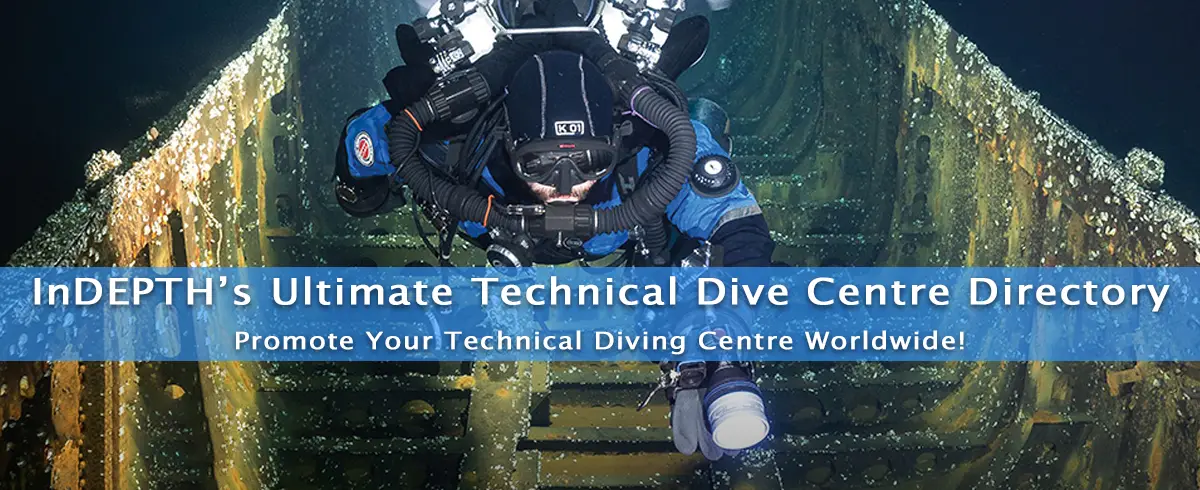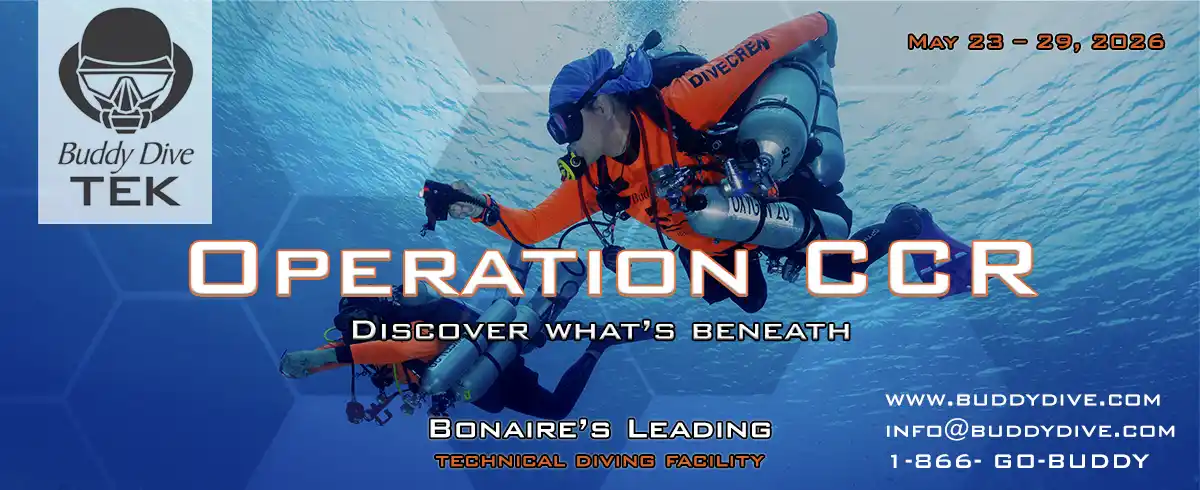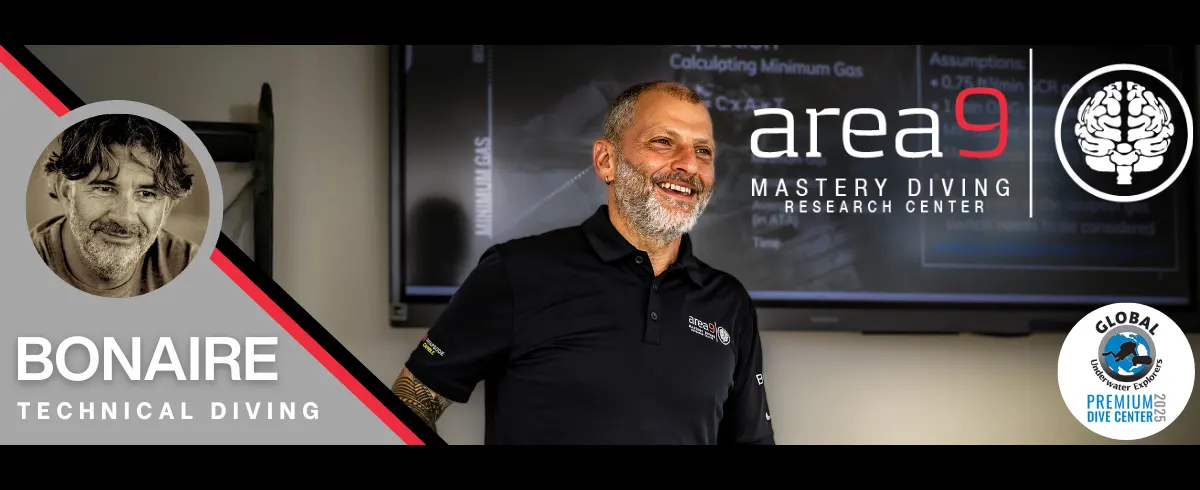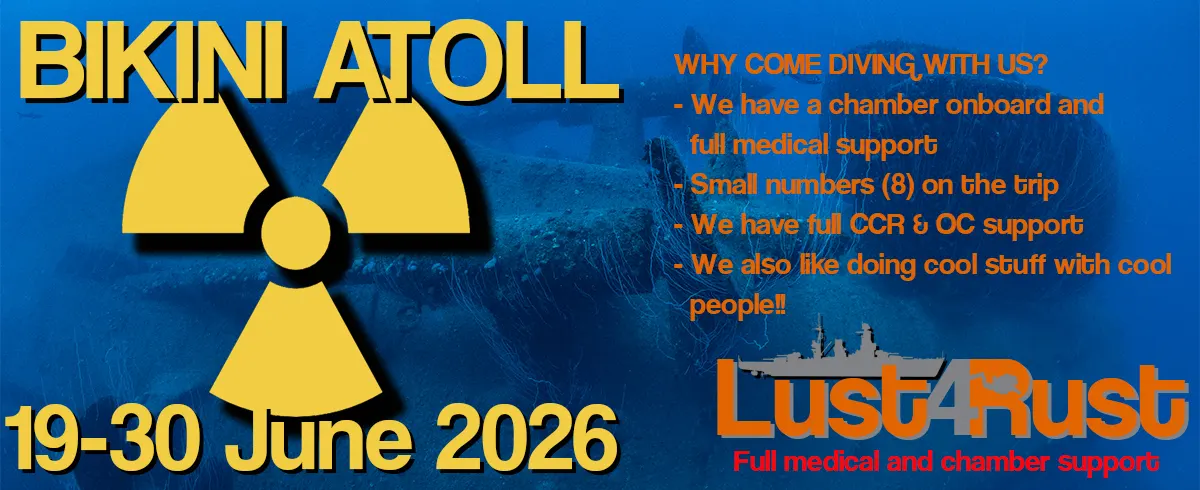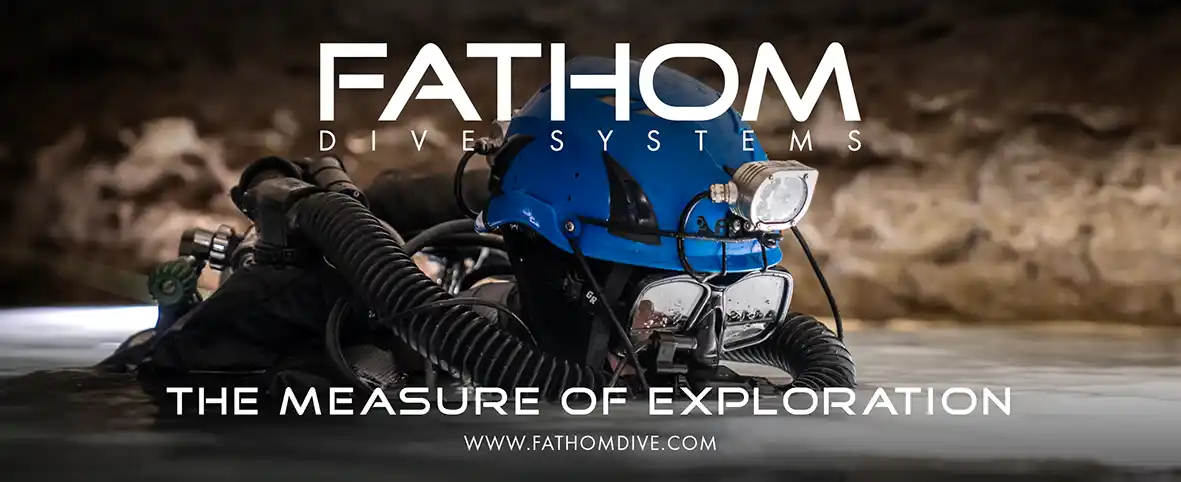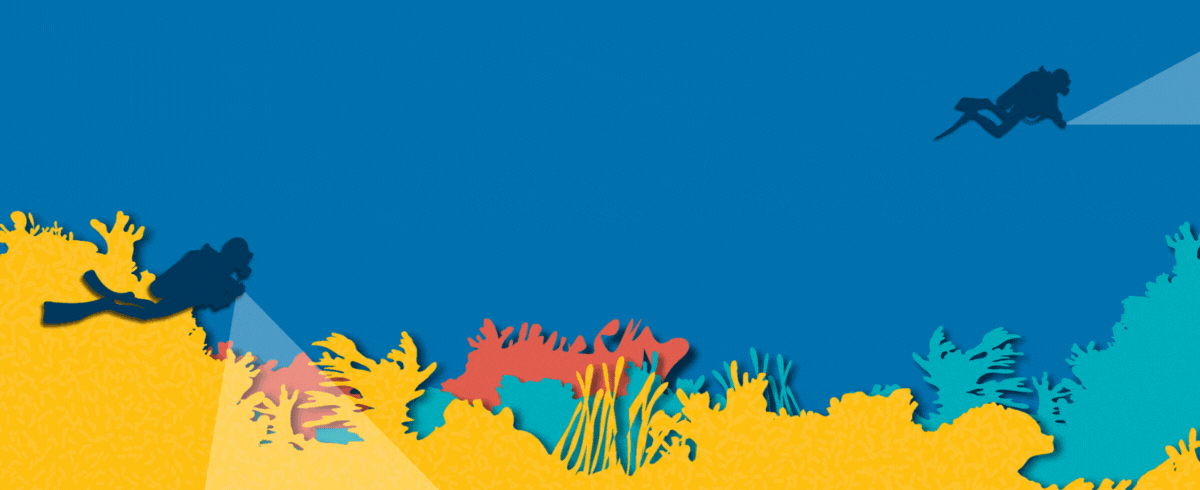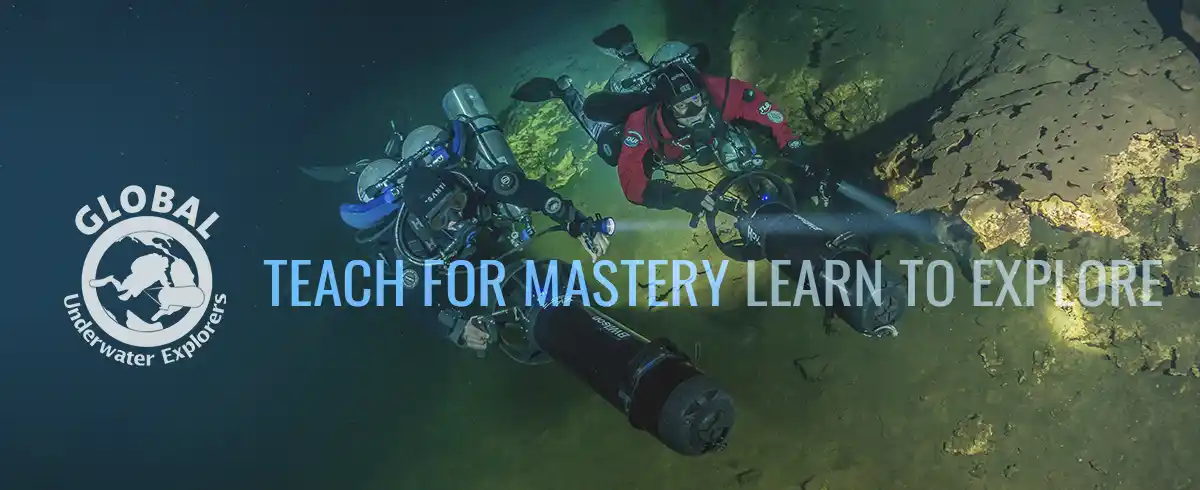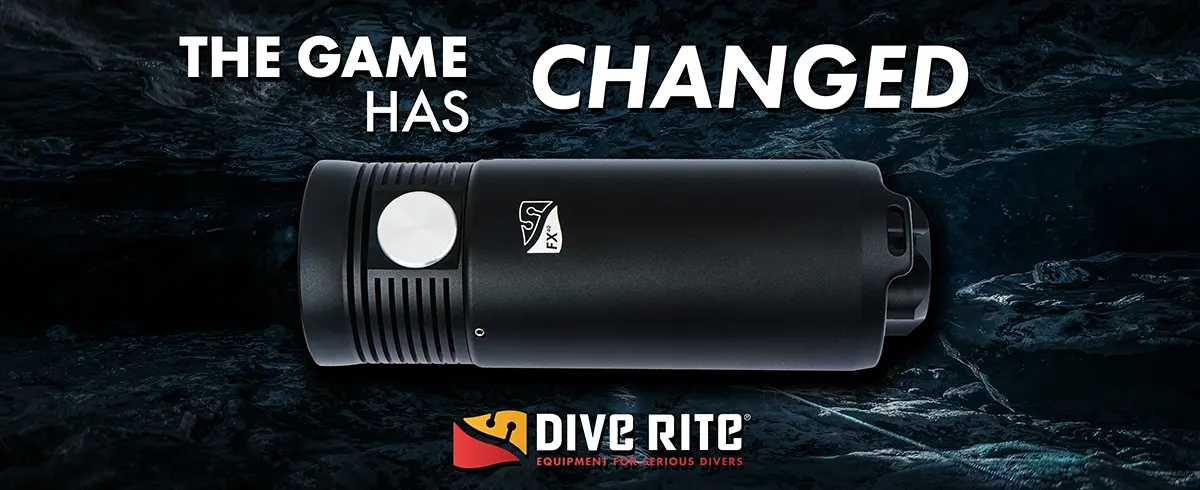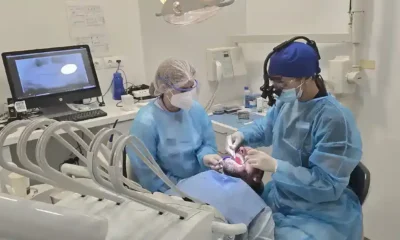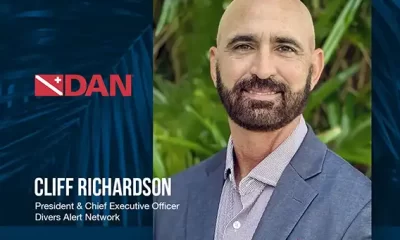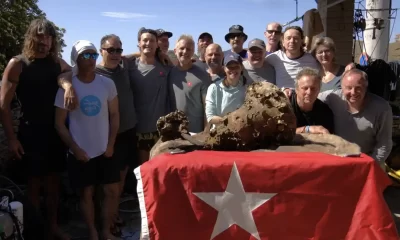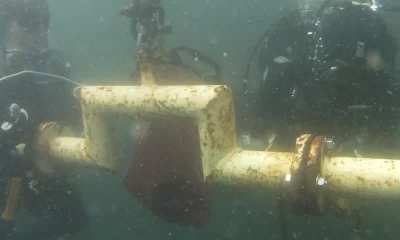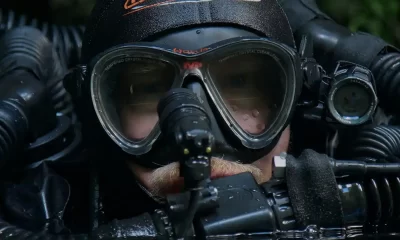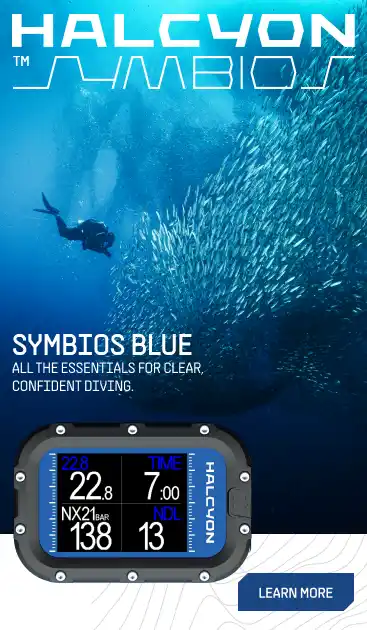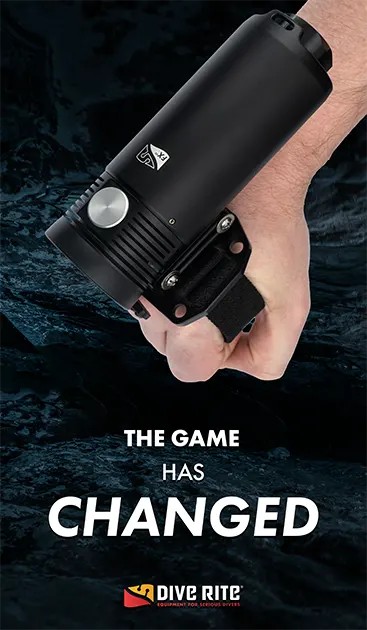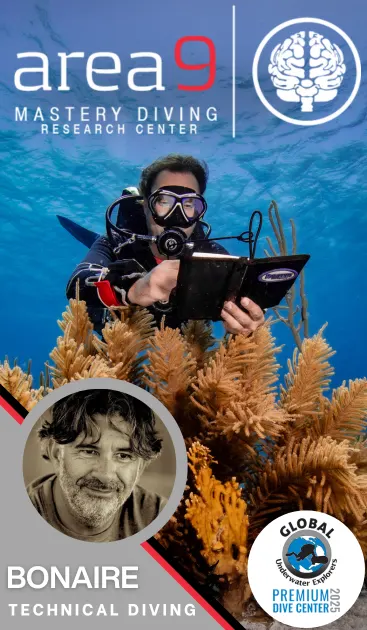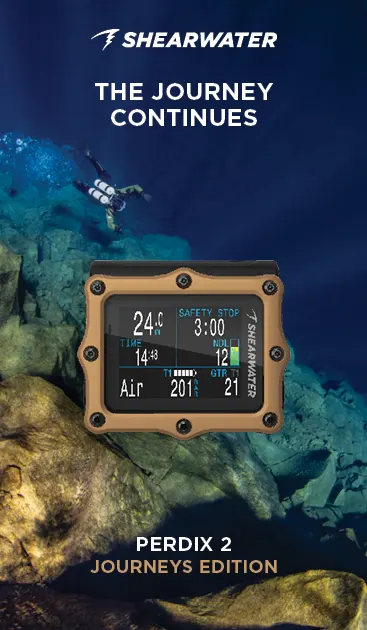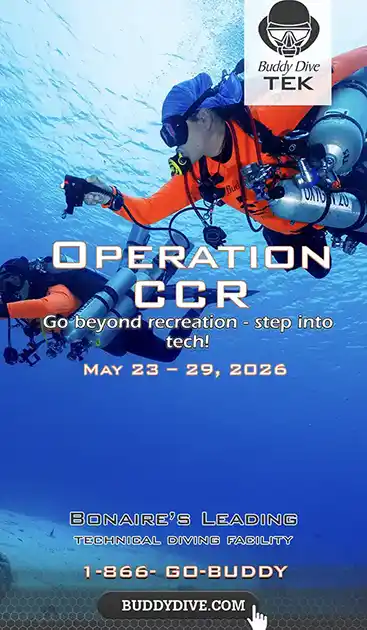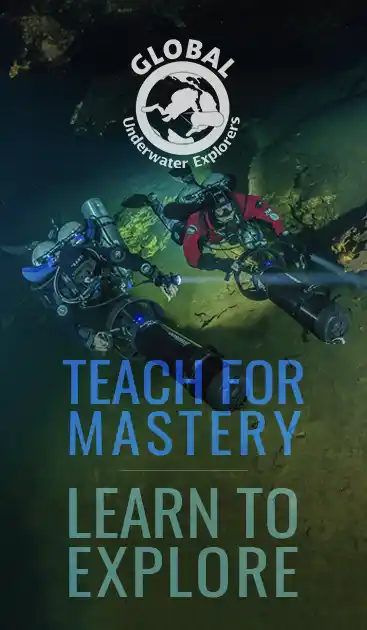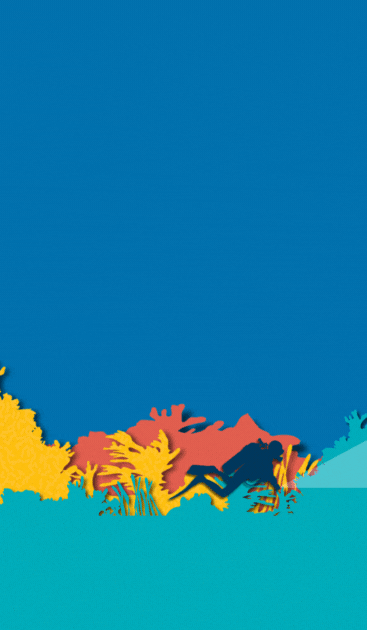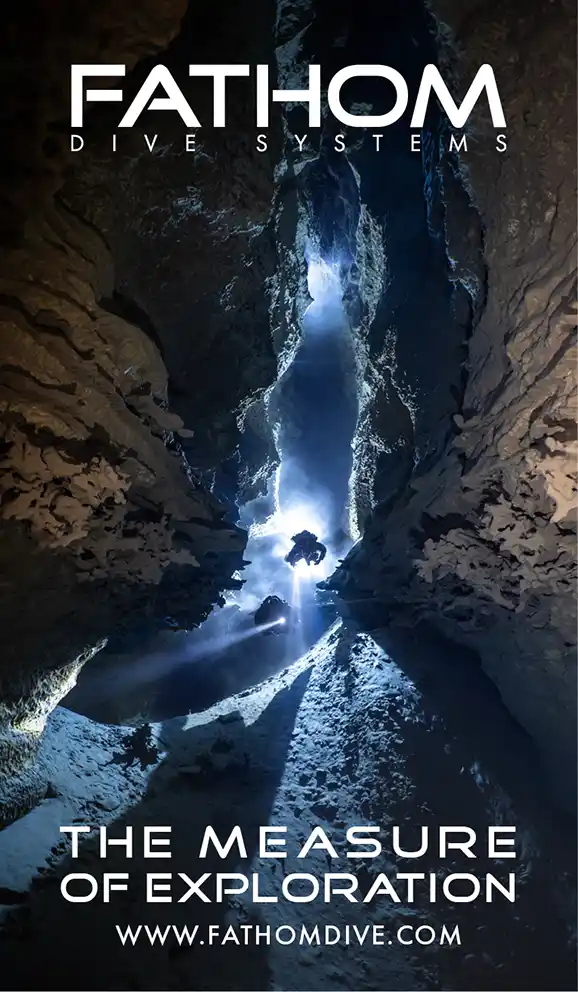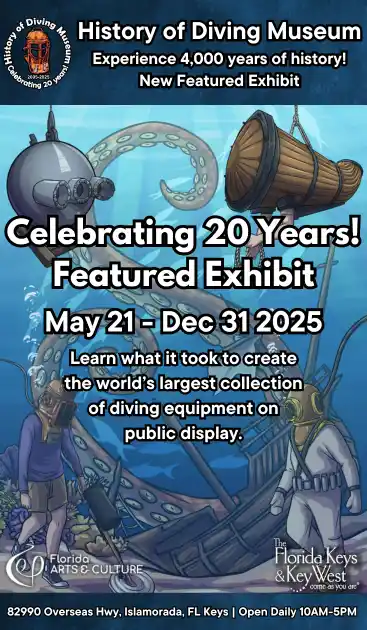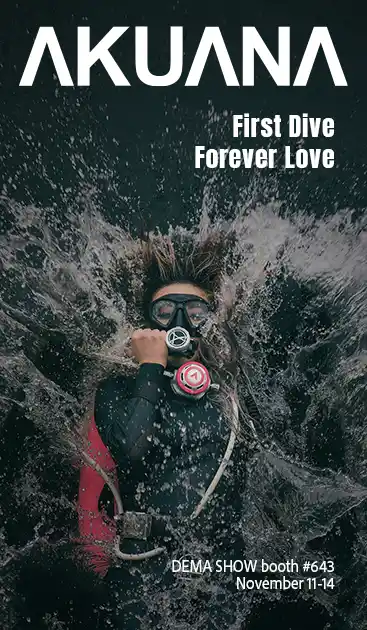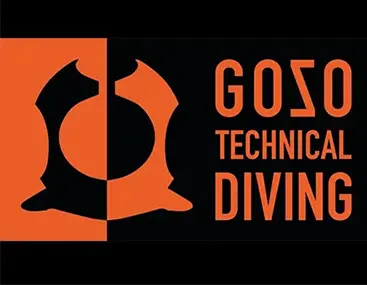Community
“They made a mistake…” But what does that really mean if we want to learn?
When something goes wrong on a dive—equipment fails, a team has miscommunication, or a plan goes sideways—it’s easy to point the finger and say, “They made a mistake.” This attribution is even easier when the outcome is severe, and it can’t be hidden. But what if that particular mindset is part of the problem?
By Gareth Lock.

A recent paper in Forensic Science laid out seven key lessons about ‘error’ that can easily be transferred to the diving space. The authors argued that error isn’t just about individual failures. It’s about systems, culture, education, and how we talk about things when they go wrong. The Human Diver team strongly advocates for this systems approach. In diving, whether recreational, technical, or occupational, we often see the same issues: the oversimplified definitions of ‘obvious causes’ like ‘error’, ‘poor communication’, or ‘loss of situation awareness’, or the tendency to blame the ‘type’ (culture) of diver, or that there isn’t a structured learning process or system following a near-misses.
We need to take these seven lessons from Forensic Science and reframe them for the diving world. The goal is to shift how we view mistakes—not as shameful slip-ups but as necessary steps toward building competence and safer teams.
There is a reason we need this shift. When we are getting ready for a dive, or when we are underwater, error is inevitable. While the errors are inevitable, can we learn from them? Right now, this line of thinking is optional. The choice to investigate it separates those who want to improve and be better than yesterday.

Diving In: The Seven Lessons Around ‘Error’
Error is subjective
Imagine you’re leading a dive, and you swim past a turn on the guideline and make a blind jump (you’ve crossed a space without a continuous line to the surface), joining another line. You realize your mistake after about 20 m/65 ft because the cave doesn’t look like you remember it the last time you were here. You backtrack, and no harm is done. Was that an error? Did diver number 2 or 3 notice the blind jump? Did they consider speaking up but couldn’t or wouldn’t?
Simply put, it depends on who’s judging. If a misstep didn’t cause a problem, some might say it’s a non-issue. But, had the visibility dropped or gas margins been tight, the same behavior could have led to a serious incident. Outcomes are seductive.
In diving, just like the authors outlined in the Forensic Science paper, different stakeholders define error differently. A student diver, a tech instructor, and a lawyer will each have different thresholds for what’s considered a mistake (and an acceptable one at that). That subjectivity matters. It shapes which errors are reported, which ones divers get to learn from, and which errors get buried. Sidney Dekker, a specialist in human factors and system safety, says, “It isn’t so much where the line [between acceptable and unacceptable behaviour] is drawn, but who draws it.” In the case of diving events, it is often peers and social media—rather than the lawyers—who draw the line.
Error is multidimensional
On an open circuit dive, a diver forgets to analyze their gas. Later, they realize what they’ve done and abort the dive because they don’t know what is in their cylinders. Is the error:
- The missed analysis?
- The belief that everything was okay even though the analysis didn’t occur?
- The fact that it wasn’t clarified during the pre-dive team brief (e.g., “Gas. 32%, 210 bar. Minimum gas, 60 bar.”)?
Just like in forensic science, error in diving isn’t a single point in time and space; errors and human performance are interconnected. Errors can be procedural, perceptual, or judgment-based. They can be detected early in the sequence of the activity or only recognized after the fact. And their impact varies depending on the dive profile, environment, and how much capacity or resilience the diver and dive team have to detect and correct the issue. Understanding this complexity helps us move beyond blame and into systems thinking. That requires effort, though. It’s often easier to reduce the conversation to simple ‘root cause.’
Error is unavoidable
No matter how skilled you are, how well you plan, or how good your kit is, you will make mistakes. Therefore, the question isn’t whether errors will happen, but how you prepare for them, recover from them, and then feed those lessons back into your own future dives (or those of others).
We often hear, “I have trained hard, so I won’t make mistakes.” Translation: “I’m too experienced to need a formal checklist or challenge-response team verbal checklist on a dive.” While admirable, this is unrealistic. Even elite soldiers, surgeons, and astronauts make errors. That’s why redundancy, teamwork (including mutual accountability), and drills exist. They make us more error tolerant.
Accepting error as part of diving isn’t defeatist; it’s a pragmatic approach. It lets us build safeguards, checklists, and recovery plans that reflect the reality of the variability of human performance. The best divers aren’t perfect—they’re prepared. They know how they are going to fail safely and validate those ideas prior to being in that situation.

Error is cultural
Consider a team where no one admits mistakes because they fear being mocked or judged. When a BCD inflator fails open mid-dive and the diver surfaces rapidly, they blame a ‘sticky valve’ instead of mentioning that they hadn’t serviced their gear in a while. The team nods to the simple answer, everyone moves on, and nothing changes.
There are plenty of research papers and lots of books proving that the cultures that punish error teach people to hide it. That’s dangerous in a high-hazard environment like diving. In contrast, cultures that normalize discussions around “what nearly went wrong” allow teams to grow together, especially if the conversation covers how the team recovered the situation.
This is particularly important in diving teams where psychological safety is critical. If you can’t speak up, you can’t learn. And if you can’t learn, you’ll repeat the same errors. In the words of Clive Lloyd, “You can’t fix a secret.”
Error is educational
Some of the best divers I know (and aircrew, surgeons, mountaineers…) have a long list of mistakes behind them—not because they’re reckless, but because they reflect, debrief, and improve. Importantly, they do something that is really hard for most people: They take the lessons identified and apply them to the next dive (or task) and see if that makes a difference. Learning is about change, not just noticing a problem. And change is hard.
Training that allows divers to make small, recoverable mistakes in low-consequence environments is gold. Like a no-notice out-of-gas drill just as you’re putting up a dSMB mid-water. It doesn’t matter if it goes ‘wrong;’ it’s about understanding the gaps in our capacity and competence and reflecting on how that came to be. This approach builds resilience, pattern recognition, and humility. If we only wait for real-world emergencies as our opportunities to learn, we’re too late.
This learning doesn’t have to happen underwater. Learning to fail safely is exactly what the HFiD: Applied Skills class is about. Plan, brief, execute, reflect, and narrate (PBERN): a continuous cycle of learning and improvement.

Error is misunderstood
- “The diver could have just put their dSMB up and ascended on that line.”
- “They should’ve known better.” “
- That blind jump was obvious and shouldn’t have happened.”
How many times have you heard something like this after a dive? These phrases simplify complex events into soundbites that hide the real issues.
To both understand and explain error well, we need both clarity and compassion. Technical explanations need to be paired with context. While saying a diver “ran out of gas” is factually correct, it misses the human story around task load, assumptions, communication breakdowns, and maybe even ego. The language we use also influences the focus of our discussion. Compare “The diver ran out of gas,” to “The gas ran out.” The former leads us to focus on the diver and their ’wrongs’ whereas the latter leads us to question why the gas ran out, and under what ‘conditions of possibilities.’
Effective communication of error isn’t about being ‘nice.’ It’s about being precise. With effective communication, we can pass along the right lessons and keep myths from filling the gaps. The gaps we have invariably lead us to use counter-factuals to fill them.
Error is transdisciplinary
Finally, as you’d expect, diving doesn’t have a monopoly on human error. The majority of materials that the Human Diver team uses come from other domains like aviation, medicine, oil and gas, and other high-risk domains. People are people; it is only the stories that change. We are all dealing with similar challenges: uncertainty, complexity, high stakes, and team dynamics.
The Human Diver exists to bring those lessons from other domains into diving and, ironically, there are many divers who take concepts from The Human Diver and use them in their own work! The circle is complete, and that makes me happy.
Structured debriefs, non-technical skills, and just culture principles have been proven elsewhere, and they absolutely work in the diving space, too. Learning from outside our bubble keeps us honest. And—if we have the right mindset—it also helps us recognize that we aren’t that different (and so shouldn’t be distancing ourselves) from others’ events. The learning is there, we just need to see it.

Embracing Error
‘Error’ is an intrinsic and unavoidable part of diving: not because divers are careless, but because we are human, and the environments we operate in are complex and often unforgiving.
I’ve drawn from the Forensic Science paper “Understanding ‘Error’ in the Forensic Sciences: A Primer” to show that error isn’t a flaw to eliminate but a reality to understand. Whether it’s subjectivity, complexity, cultural response, or how we learn, every one of the seven lessons outlined above applies just as much in the diving domains as it does in a forensic lab or the courtroom.
We need to talk about errors—not with judgment, but with curiosity. We need to design social and cultural environments where people feel safe to speak up, to fail, and to grow through reflection and storytelling. We need to move away from shame and towards systems thinking. Because, if the only errors we’re willing to talk about are the catastrophic ones, we’re missing a thousand tiny opportunities that could save a life. Unfortunately, when events are catastrophic, the walls of silence go up. While news of the event becomes widely known, the learning opportunities often get buried deeper, and judgment and blame reinforce the silence. This was the basis of my MSc Thesis “Storytelling to Learn: what happens underwater stays underwater.”
Diving, like any high-performance activity, rewards reflection, resilience, and open dialogue. When we stop chasing perfection and start embracing learning, we create divers, instructors, and dive teams that are safer, stronger, and better than yesterday.
Because, in the end, it’s not about avoiding error; it’s about making sure we learn from it when it happens.
Enjoyed this read? Here are more stories that tie into it.
DIVE DEEPER
InDEPTH: Does The Sport Diving Community Learn from Accidents? by Gareth Lock (2023)
InDEPTH: Can We Create A Safety Culture In Diving? Probably Not, Here’s Why by Gareth Lock (2023)
InDEPTH: The Dumbest Thing I’ve Done Diving by Gareth Lock (2022)

Gareth Lock is the owner of The Human Diver. Along with 12 other instructors, Gareth helps divers and teams improve safety and performance by bringing human factors and just culture into daily practice, so peoplethey can be better than they were yesterday. Through award-winning online and classroom-based learning programmes, we transform how people learn from mistakes, and how they lead, follow, and communicate while under pressure. We’ve trained more than 600 people face-to-face and over 2,500+ online across the globe, and we’ve started a movement that encourages curiosity and learning, not judgment and blame. If you’d like to deepen your diving experience, consider a first step in developing your knowledge and awareness by taking the HFiD: Essentials (2025) programme.

